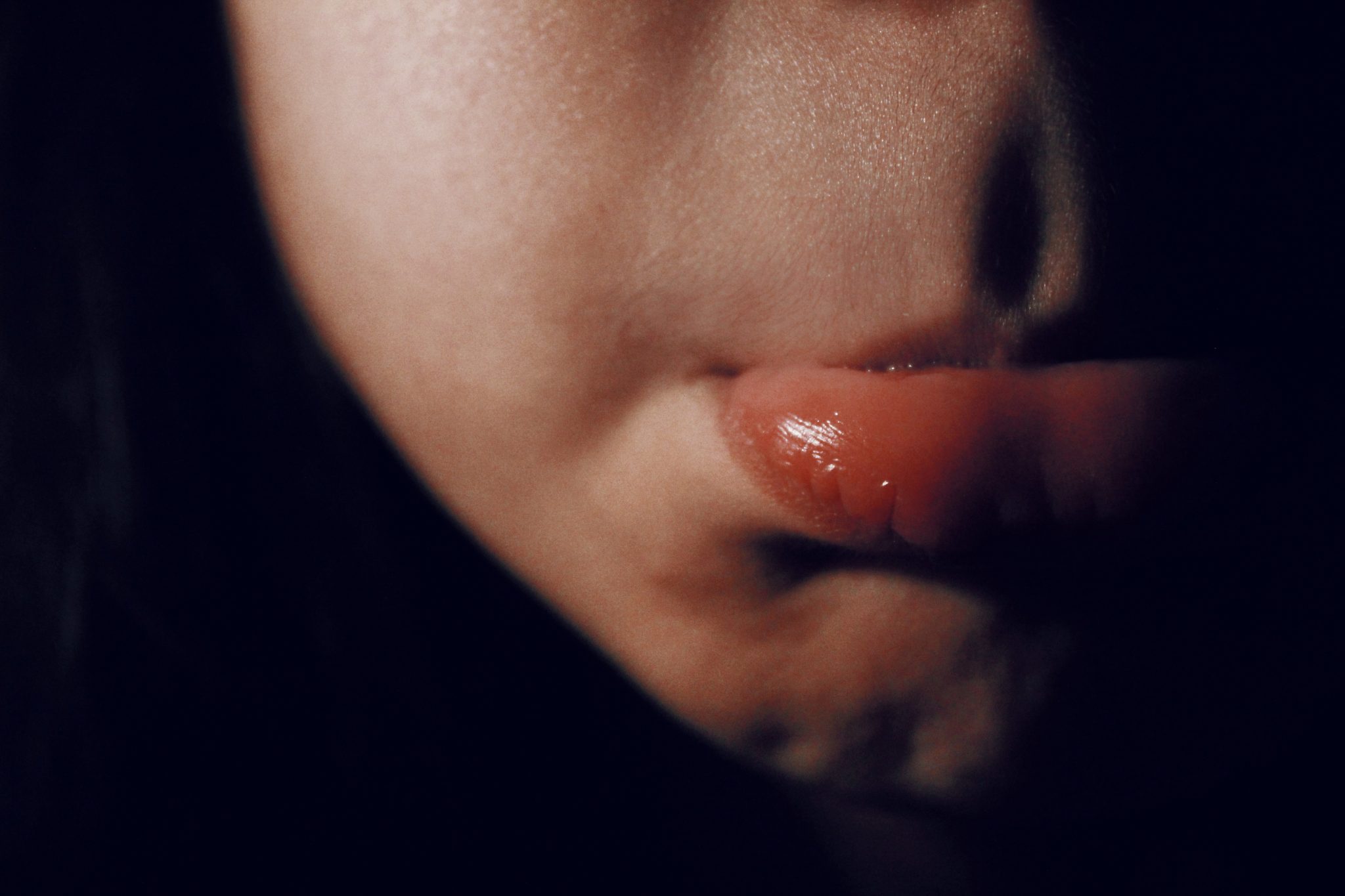Do you use mouthwash to rinse your mouth or are you one of those people who think it’s pointless? Back in the past, rinsing was one of the procedures that helped people maintain their oral hygiene. Later, when toothbrushes and toothpaste appeared, it became a measure of dental treatment that helped reduce inflammation and relieve pain. Today doctors came to the conclusion that rinsing should be a part of your daily routine to provide excellent oral hygiene.
What Mouthwash to Choose?
There are various mouthwashes available. They have different contents and promise to keep your teeth clean, strong, and healthy. Some you can use as a part of daily care without a doctor’s prescription, some have more specific applications and are used in the process of dental treatment.
An undoubted advantage of rinsing is the ability to wash food leftovers and aggressive substances off your teeth. Hygienic mouthwashes are focused on helping you keep your teeth clean after meals. You can rinse your mouth using a special device called an oral irrigator. It will help make your rinsing more targeted and effective.
More specific mouthwashes have antibacterial, healing, and strengthening properties and are used to solve already existing problems with teeth. They can relieve your condition until you visit the dentist, or can be an additional component of the treatment already prescribed by your doctor.
How to Choose a Mouthwash?
No matter why you may need it, for hygiene or treatment, it’s better to consult the best Brooklyn dentist before you start. You can have individual sensitivity to some of the mouthwash’s components. If you are going through dental treatment, your doctor knows what mouthwash can be combined with it.
Even if you just use plain water to wash your mouth after meals, it will be good for your oral health. Water will remove food leftovers that are left in our mouths after we eat. Of course, it will have no antibacterial or other special effects, but for hygiene, it’s good enough.
Are Natural Mouthwashes Better?
There are plenty of recipes for mouthwashes made from herbs or other natural ingredients. They are helpful and sometimes can be a good alternative to chemical products. Plus, you can make them yourself at home. However, you should be careful because you may also have individual sensitivity to their components, even if they are completely natural.
What are the best ingredients for homemade mouthwashes?
- Oak bark
- Baking soda
- Sage
- Chamomile
- Vegetable oil (the best one is coconut)
If you will use oil for rinsing, the method of doing so differs from your regular mouthwash. You should rinse your mouth before you brush your teeth. This technique is called oil pulling and is a trend among the advocates of a natural lifestyle. It can’t even be called traditional rinsing. You need to hold it in your mouth for 15 minutes. Many people report the improvement of their oral condition after doing this regularly.
Whatever type of mouthwash and rinsing technique you choose, be attentive to your sensations and oral conditions. If your gums are badly inflamed, you shouldn’t rinse them without a consultation with your doctor. Keep in mind that no mouthwash can be a substitute for treatment, it’s only an aid that makes treatment more effective. Don’t be afraid to consult a professional — you can easily gain back a healthy smile with the Lancaster Dentists now.












